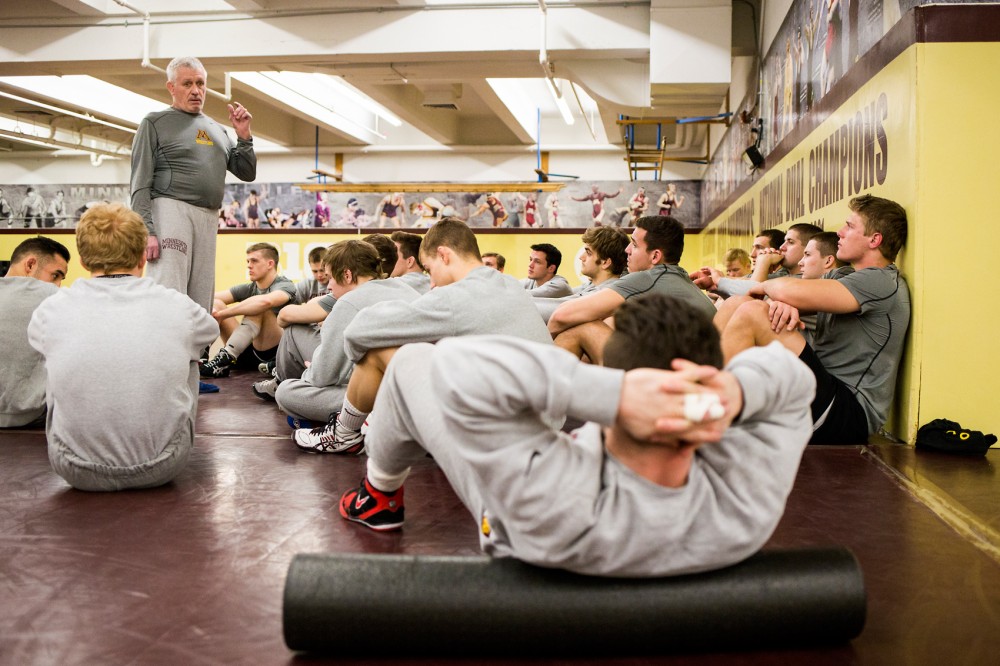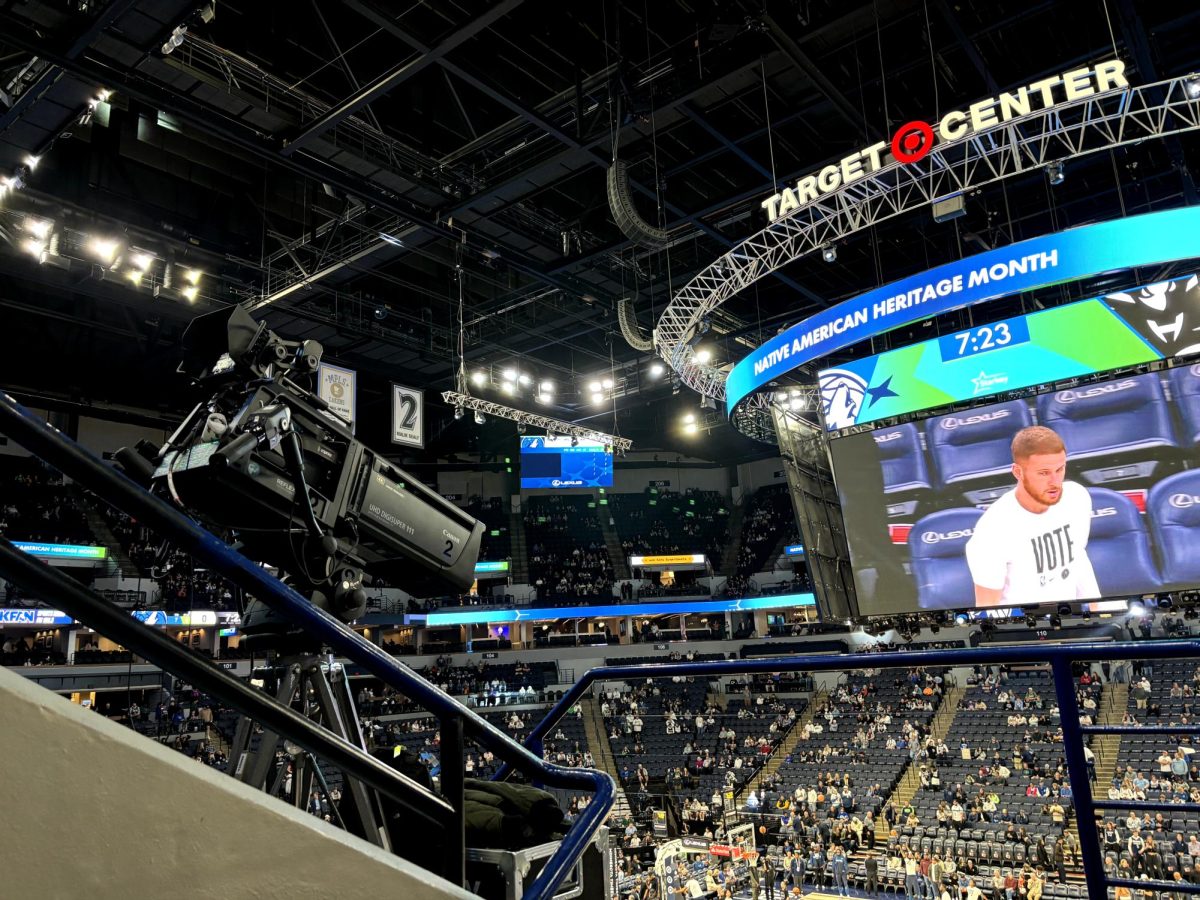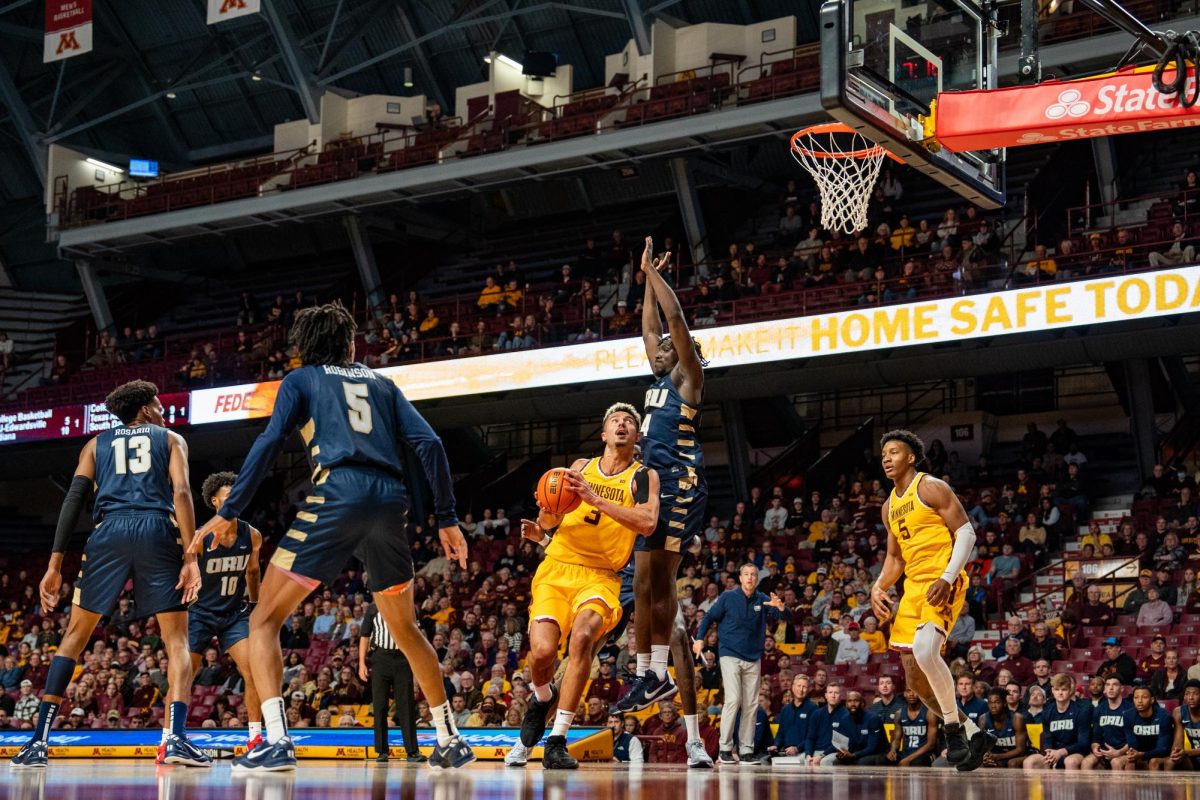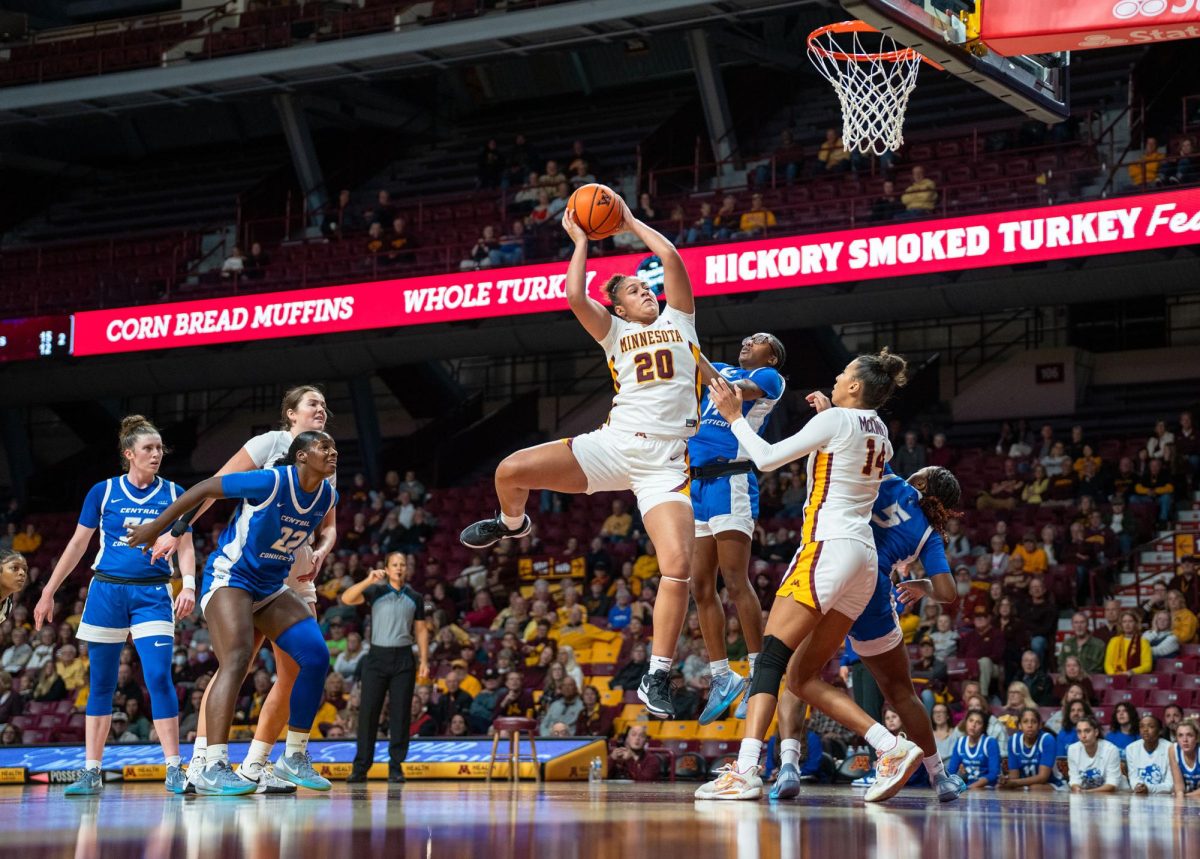No charges will be filed against University of Minnesota wrestlers involved in the alleged sale and use of Xanax, an anti-anxiety drug. In addition, the team’s head coach, J Robinson, will not face charges for attempting to resolve the issue internally.
While the announcement signals an end to a police investigation of alleged drug sales, the coach remains under scrutiny from an internal investigation following claims that he obstructed the investigation.
Police records show that Robinson sought to resolve the issue in-house and refused to fully cooperate with University of Minnesota Police Department investigators when they inquired about his knowledge of the team’s alleged drug problem.
Last week, Jean Heyer, a Hennepin County attorney’s office spokeswoman, confirmed prosecutors chose not to pursue criminal charges against members of the wrestling team but declined to comment further.
The Minneapolis City Attorney’s Office also declined to pursue obstruction charges against Robinson.
Ryan Kaess, Robinson’s attorney, said he was pleased with the decision but critical of the investigation process.
“I think they made the absolute correct decision,” he said. “Unfortunately, the path they went down to get to this decision was ridiculous. It was sad. It was tragic, and it showed a clear lack of any caring about these students.”
Still, the University will continue the internal investigation it started late last month, said University Spokesman Evan Lapiska. He said the University won’t comment until the investigation is complete.
Robinson was placed on paid administrative leave June 1. Kaess said he was confident Robinson would be reinstated and reiterated that Robinson did nothing wrong and didn’t violate University policy.
He also questioned the University’s priorities in the investigation.
“J Robinson was concerned about the health and welfare of his students — that’s it. And the University of Minnesota should be giving the guy a medal, not [dragging] his name through the mud,” Kaess said. “These kids’ lives would be ruined, and every single day we have people’s lives ruined over stupid ticky-tack … drug issues like this. … Why were the police investigating this damn thing in the first place?”
The allegations surfaced in April after an anonymous informant told UMPD investigators that some wrestlers sold and used Xanax, prompting a police inquiry, according to a search warrant affidavit.
Fourteen Gophers wrestlers and Robinson were named in a Hennepin County search warrrant affidavit.
In late May, Robinson’s agent, James Block, said in a statement that Robinson had notified his supervisors in the University’s athletics department of the issue.
Reports of misconduct
On April 7, an ethics complaint was filed with the University’s internal complaint system about alleged drug distribution and use among team members, police records show.
On April 12, Robinson met with UMPD and admitted his team used and possessed narcotics but refused to explain who was involved, what the drugs were and whether the drugs were being sold, according to police records.
While Robinson offered to provide extensive information if the accused wrestlers were granted immunity, he declined to give police the names of the wrestlers involved, and said he had “fully taken care of” his team’s use and possession of any narcotics, according to the affidavit.
Despite Robinson’s knowledge of wrestlers using and selling Xanax, he chose not to address the problem until the season was over — a month to a month and a half after he first learned of the issue, according to the search warrant affidavit.
In March, Robinson confronted the team with a impromptu drug test and offered “amnesty” for wrestlers who admitted to using or selling the drug. He required those who admitted involvement to turn in any drugs and write a one-page essay about the lessons they learned.
“I should have known that I would get caught eventually and that my teammates could have gotten in serious trouble or I could have killed someone if they overdosed,” one wrestler said in his essay.
Though one wrestler tested positive for marijuana and two for amphetamines, the team wasn’t tested for Xanax, despite UMPD insistence the team be screened for the drug to “give the athletic department a better idea of how big of an issue the use of Xanax was by members of the wrestling team,” according to police documents.
“Everyone and anyone that was involved in the selling and or taking of these drugs said that it was not a problem and that we needed to keep this under wraps so that no one would find out,” the informant said in the April ethics complaint.
Christopher Aadland, Jackie Renzetti and Nick Wicker contributed to this report.







